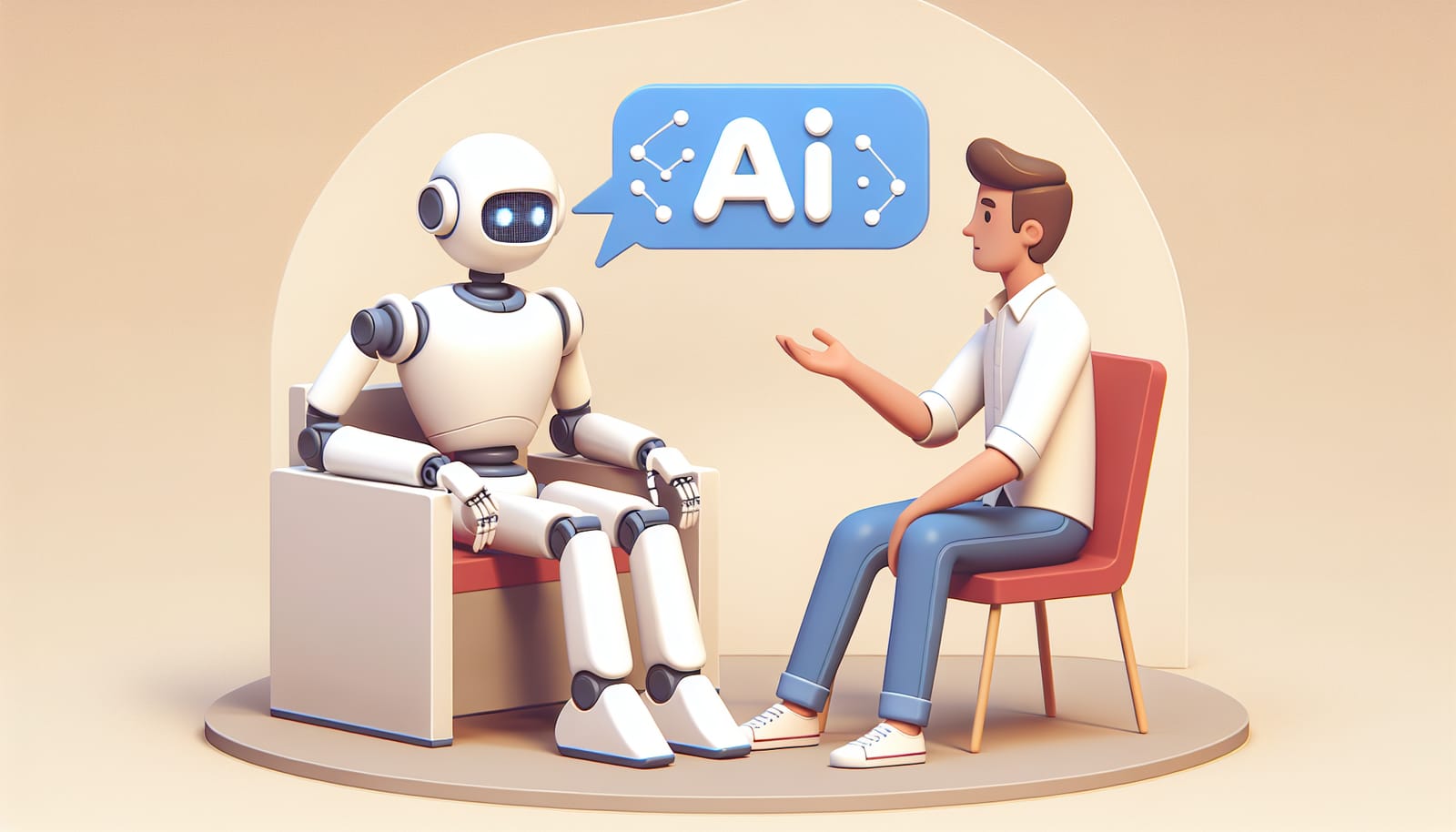In the age of technology, artificial intelligence (AI) is becoming an integral part of various fields, including healthcare. With machines becoming increasingly adept at processing information and making calculations, it's easy to wonder if AI might someday take over the role of doctors. However, while AI can support medical professionals in many ways, it will never fully replace the judgment, intuition, and compassion that human doctors bring to their practice. Let's explore this topic in more detail.
Understanding AI in Healthcare
AI refers to computer systems designed to mimic human intelligence. In healthcare, AI can analyze massive amounts of data, identify patterns, and even help diagnose diseases. For example, AI algorithms can examine medical images like X-rays and MRIs to detect abnormalities more quickly than a human eye might. This capability can speed up diagnoses, potentially saving lives.
However, AI's ability to process and analyze data is just one part of healthcare. The human touch—empathy, ethical reasoning, and comprehensive understanding of a patient's unique circumstances—remains irreplaceable.
The Human Element: Empathy and Understanding
One of the most critical aspects of a doctor's role is their ability to understand and empathize with patients. While AI can analyze symptoms and suggest possible diagnoses, it lacks the emotional intelligence that comes from human experience. A doctor listens to a patient's concerns, considers their emotional state, and builds a rapport that encourages open communication.
Imagine a scenario where a patient receives a diagnosis of a chronic illness. A computer program might provide information about the disease and treatment options, but only a doctor can deliver that news with compassion, offering support and understanding. This emotional connection can significantly impact a patient's experience and their adherence to treatment plans.
Critical Thinking and Judgment
Doctors do more than just follow protocols and treatment guidelines; they apply critical thinking to each unique case. They consider a multitude of factors, such as a patient's medical history, lifestyle, and personal preferences, to arrive at the best possible course of action.
AI, on the other hand, operates based on algorithms and data patterns. While it can provide recommendations based on similar cases, it may miss nuances that a human doctor would catch. For instance, a patient's allergies, family history, or even their cultural background can influence treatment options. These subtleties require human judgment to navigate effectively.
Collaboration, Not Replacement
Instead of replacing doctors, AI is best viewed as a tool that enhances their capabilities. For example, AI can help doctors by providing quick access to the latest research, treatment guidelines, and patient data. This allows healthcare professionals to make informed decisions more efficiently.
Consider a busy emergency room. With AI analyzing patient data, doctors can quickly identify which patients require immediate attention. This collaboration between human intelligence and machine efficiency can lead to improved patient outcomes.
The Role of Ethics in Medicine
Medical decisions are often complex and involve ethical considerations that AI cannot fully comprehend. Questions about treatment options, end-of-life care, and patient autonomy require deep ethical reasoning and understanding of human values.
Doctors must weigh the benefits and risks of treatments, considering not just medical factors but also the ethical implications of their decisions. AI lacks the moral compass needed to navigate these sensitive issues. It can assist in providing information, but the final judgment rests with the human practitioner.
The Future of AI in Healthcare
As technology continues to evolve, the role of AI in healthcare will undoubtedly grow. However, rather than replacing doctors, AI will likely transform their work, allowing them to focus more on patient care. For instance, administrative tasks like scheduling appointments and managing patient records can be automated through AI, freeing up doctors to spend more time with patients.
Moreover, as AI becomes more advanced, it may assist in developing new treatments and medications by analyzing vast amounts of data from clinical trials and patient outcomes.
Conclusion: A Human Touch in a High-Tech World
In summary, while AI is making waves in the healthcare sector, it will not replace the invaluable judgment and compassion that doctors provide. The integration of AI and healthcare should be viewed as a partnership—one that enhances the quality of care rather than replaces the human element essential to medicine.
As we move forward into a future where technology continues to advance, let's celebrate the irreplaceable qualities that make the practice of medicine a deeply human endeavor. After all, it’s the combination of empathy, ethics, and expertise that truly defines the art of healing.
By understanding the strengths and limitations of AI, we can better appreciate the vital role that healthcare professionals play in our lives. So, the next time you visit the doctor, remember that while AI can be a helpful assistant, it’s the human touch that makes all the difference in your care.


